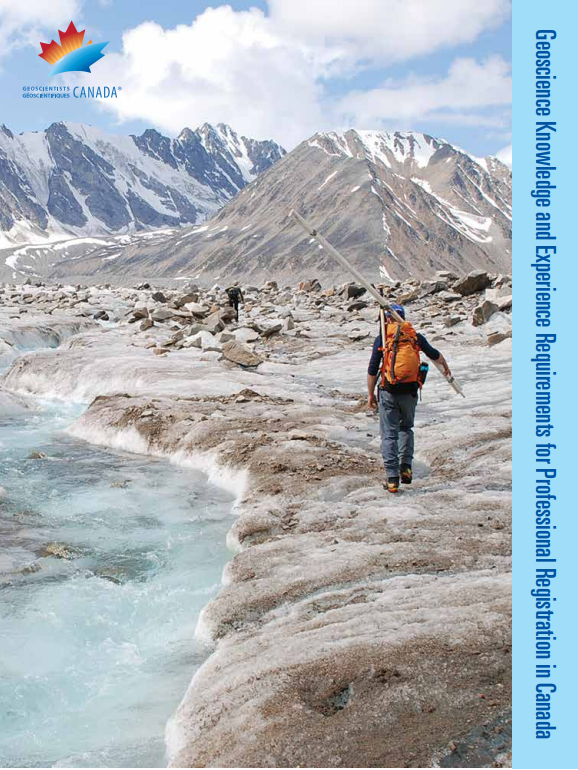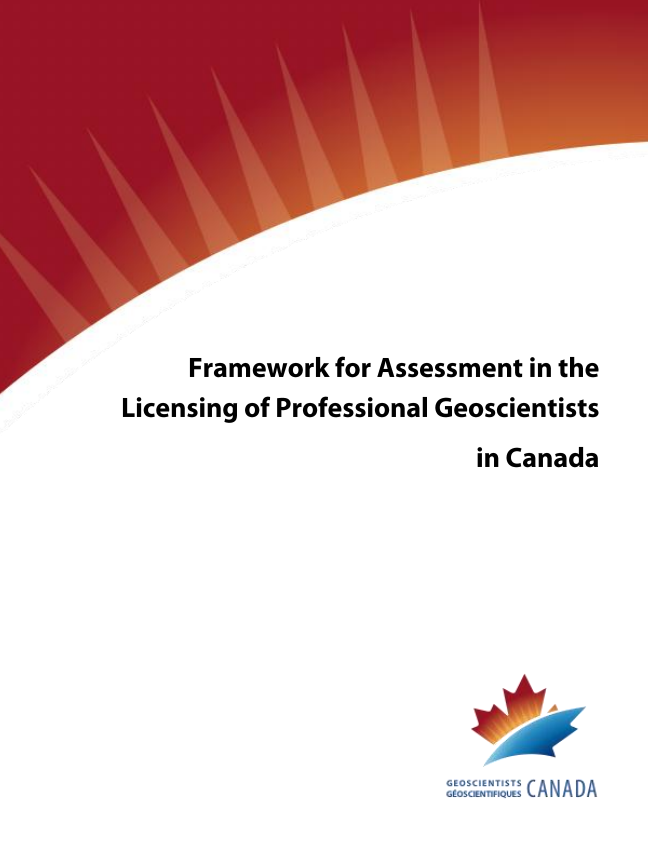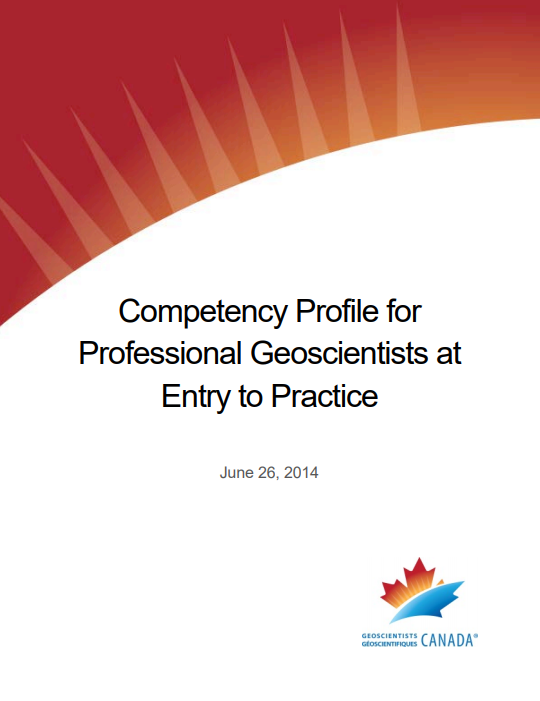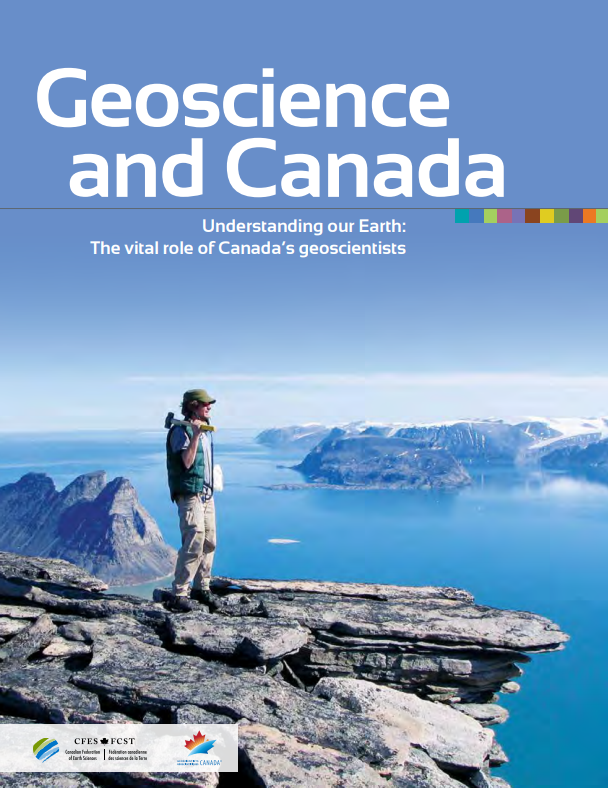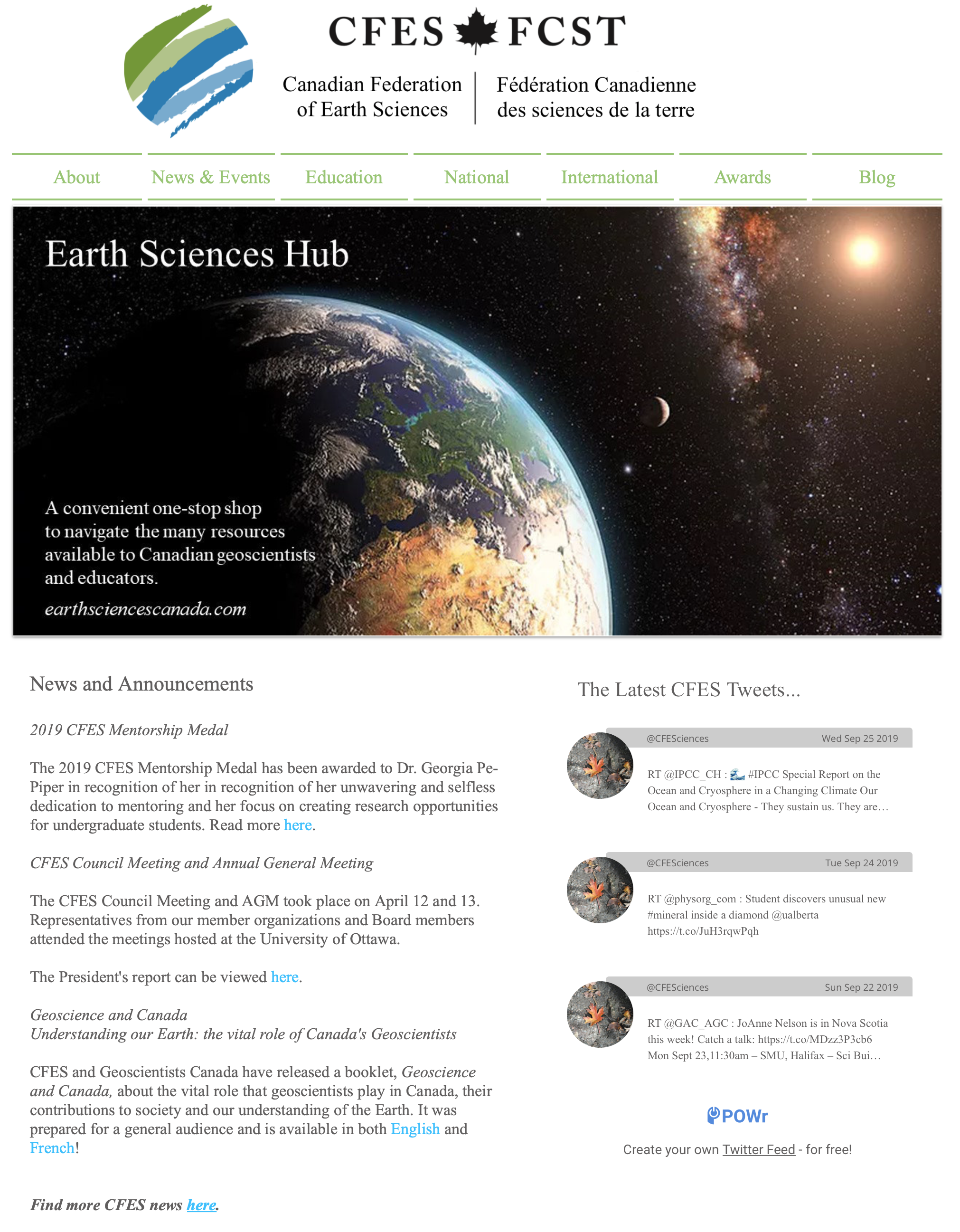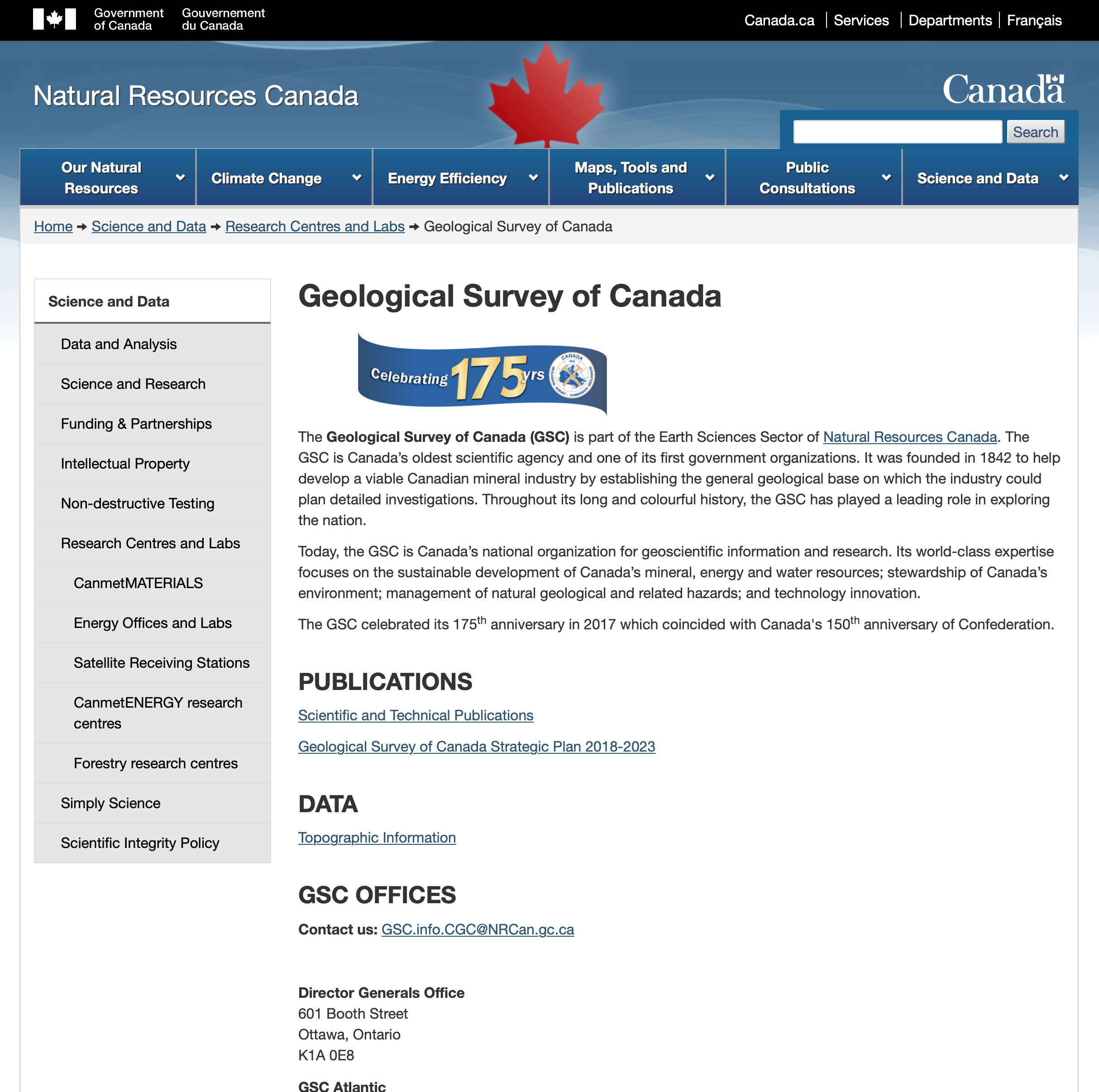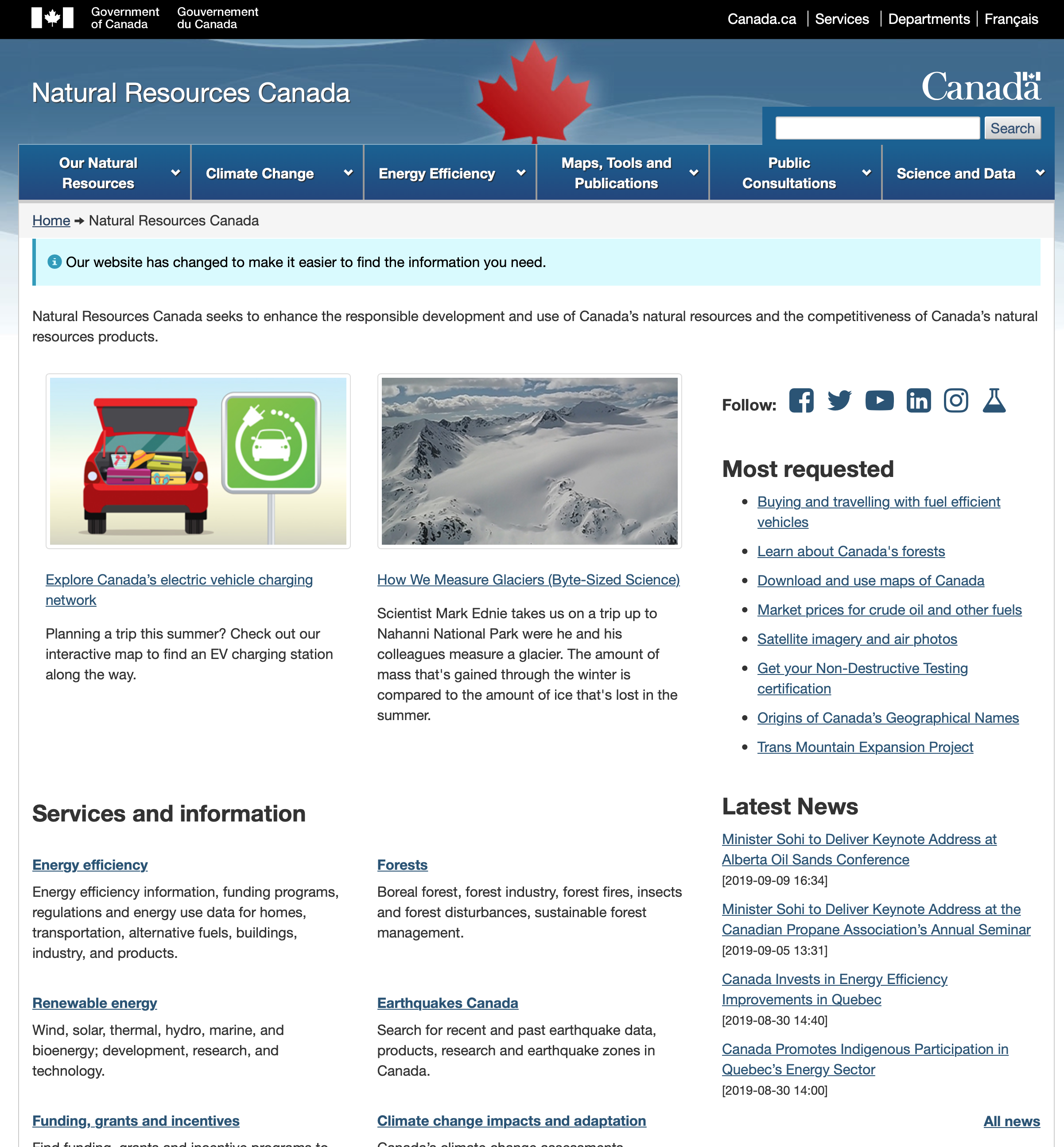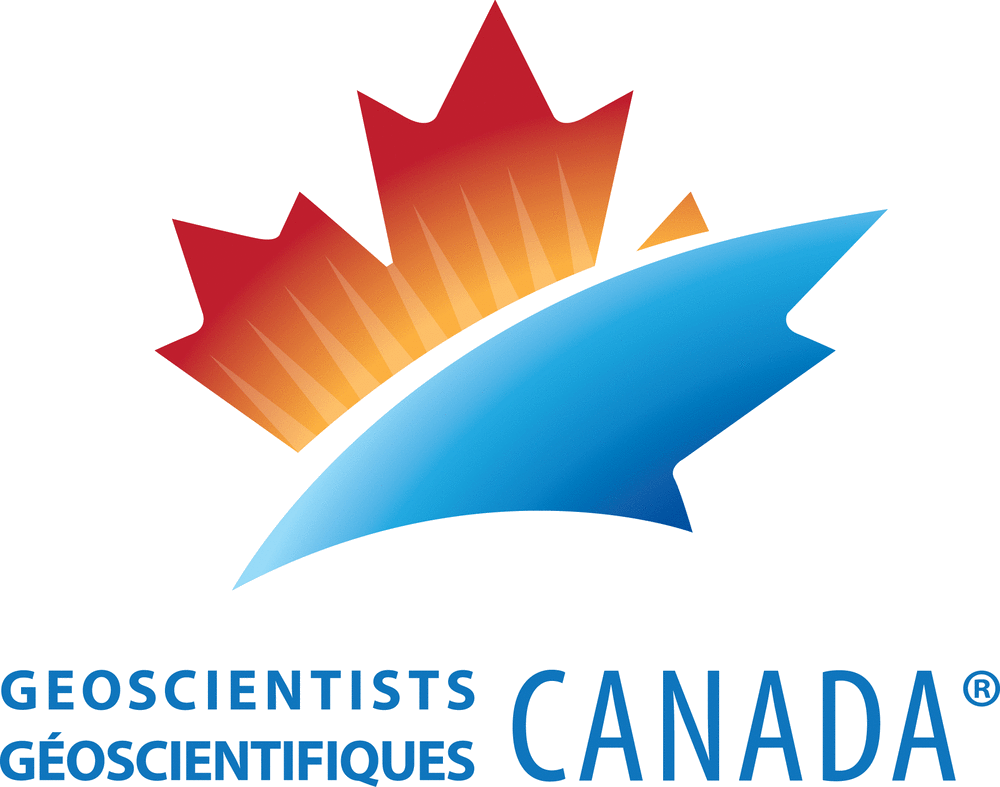Resources
There are a wide variety resources available to those seeking immigration information and information on a career in geoscience in Canada. The resources listed below focus on information concerning a professional geoscience career in Canada. Information on immigration to Canada may be found throughout this site and through a variety of information sources outside of this website. Click on the image or link to access the resource.
The resources listed here are for general information purposes only and should not be used as legal advice.
Professional Geoscience Licensure
Geoscience Knowledge and Experience Requirements for Professional Registration in Canada (GKE)
This document is a summary of what has been agreed to across the profession and among the regulators within Canada, concerning requirements for new applicants seeking registration in any one of the provinces or territories for the first time.
Framework for Assessment in the Licensing of Professional Geoscientists in Canada
This framework is intended to provide the principles of the assessment processes used by each Canadian geoscience regulator and incorporates the requirements for the licensure of all applicants, regardless of their country of education, as outlined in the document Geoscience Knowledge and Experience Requirements for Professional Registration in Canada. The framework was not formed with the intention of prescribing the steps to be used by each regulator.
Competency Profile for Professional Geoscientists at Entry to Practice
Professional competence refers to the ability, in a given practice situation, to act in a safe, effective and ethical manner.
Competence is the ability to perform specific practice tasks with acceptable levels of proficiency. The competencies constitute the array of abilities that the geoscientist brings to the workplace at entry to practice. The competencies cover a broad range of practice tasks, to ensure that geoscientists entering practice for the first time are equipped to work in a variety of common practice settings.
GIT Program Information Guide
A Canadian geoscience regulator Geoscientist-In-Training Program can help you while you’re accumulating the required work experience to complete your professional qualifications. As a Geoscientist-In-Training (GIT), current and prospective employers will know that you are academically qualified and on the path to becoming a P.Geo.
Geoscience in Canada
Geoscience and Canada – Understanding Our Earth: The vital role of Canada’s geoscientists
Geoscience is the study of the structure and history of our planet and its natural systems. Human life and progress are underpinned by materials provided by the Earth and geoscience provides us with the knowledge and understanding to find resources and utilise the Earth sustainably, for the benefit of current and future generations. The Earth is changing through natural processes and human actions. This booklet explores how Canadian geoscientists recognise, document, and interpret these processes and changes, particularly the gradual changes that take place over thousands to millions of years, as they help society find and manage Earth’s resources for the present and future.
Canadian Federation of Earth Sciences
CFES is an umbrella organization that represents a federation of Earth Science societies and associations across Canada. (Links to external site)
Geological Survey of Canada
The Geological Survey of Canada (GSC) is Canada’s national organization for geoscientific information and research. Its world-class expertise focuses on the sustainable development of Canada’s mineral, energy and water resources; stewardship of Canada’s environment; management of natural geological and related hazards; and technology innovation. (Links to external site)
Natural Resources Canada
Natural Resources Canada seeks to enhance the responsible development and use of Canada’s natural resources and the competitiveness of Canada’s natural resources products. (Links to external site)
